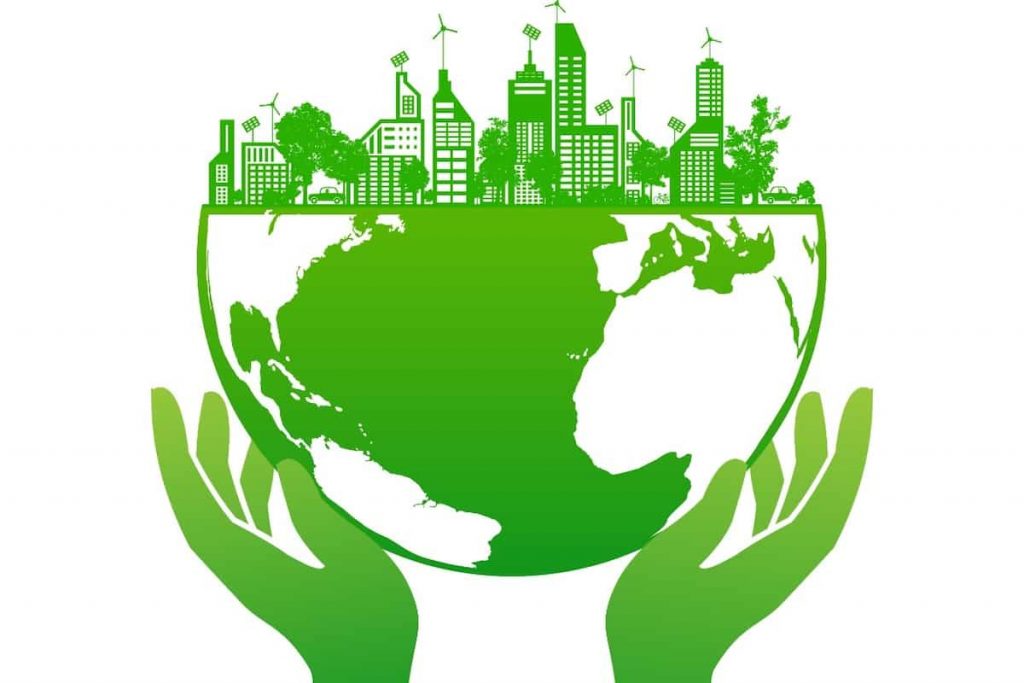
The transition towards a sustainable, low-carbon, and resource-efficient economy poses a significant challenge to Greece. Women have a vital role to play in this transition, and empowering them is essential to achieving sustainable development goals. This paper examines the gender dimensions of the transition towards green growth in Greece, with a particular focus on the empowerment of women. The study explores the obstacles and opportunities for women’s involvement in green growth sectors and provides policy recommendations to enhance women’s empowerment in the transition to a green economy.
Greece is making significant efforts towards achieving sustainable development and transitioning towards a green economy. The country’s green growth strategy aims to enhance resource efficiency, reduce greenhouse gas emissions, and promote the development of green sectors such as renewable energy, waste management, and sustainable tourism. The transition to a green economy creates opportunities for new jobs and economic growth. However, it also poses significant challenges, particularly for vulnerable groups such as women.
Empowering women is a critical aspect of achieving sustainable development goals. Women’s economic, social, and political empowerment is essential for the successful transition towards a green economy. Women’s empowerment contributes to the effective and equitable use of resources and strengthens the resilience of communities to environmental and economic shocks. Moreover, gender equality is a fundamental human right, and promoting gender equality is an essential element of sustainable development.
Obstacles and Opportunities for Women’s Involvement in Green Growth Sectors:
The green growth sectors in Greece offer significant opportunities for women’s employment and entrepreneurship. However, women face several obstacles that limit their involvement in these sectors. These include gender stereotypes and discrimination, lack of access to finance and training, and limited access to networks and markets.
Gender stereotypes and discrimination are prevalent in the labor market and limit women’s opportunities for employment and entrepreneurship in green growth sectors. Women are often considered less competent than men in technical and scientific fields, and gender bias often influences recruitment, promotion, and salary decisions. Moreover, women face higher unemployment rates than men and are more likely to work in informal and low-paid jobs.
Access to finance and training is another significant barrier for women’s involvement in green growth sectors. Women entrepreneurs face challenges in accessing finance, including limited collateral and discriminatory lending practices. Moreover, women often have less access to training and skills development opportunities than men, limiting their ability to participate in high-skilled jobs in green growth sectors.
Limited access to networks and markets also hinders women’s involvement in green growth sectors. Women entrepreneurs face challenges in accessing markets and networks, which are often dominated by men. Women also have limited access to business support services, such as mentoring and networking opportunities, which are essential for business growth and success.
Policy Recommendations to Enhance Women’s Empowerment in the Transition to a Green Economy:
To enhance women’s empowerment in the transition towards a green economy, several policy recommendations can be implemented. These include:
- Mainstream gender in green growth policies and programs: Gender considerations should be integrated into all green growth policies and programs. This would involve the collection of gender-disaggregated data, the identification of gender-specific needs and priorities, and the development of gender-sensitive indicators and targets.
- Enhance women’s access to finance: Measures should be taken to improve women’s access to finance, such as the provision of gender-responsive financial services, the establishment of guarantee funds, and the promotion of crowdfunding and microfinance.
- Provide training and capacity building for women: Women’s access to training and capacity building opportunities should be improved through the development of gender-specific training programs and the provision of mentoring and networking opportunities.
- Promote women’s entrepreneurship: Women’s entrepreneurship should be promoted through the establishment of gender-specific business support services, such as mentoring, networking, and incubation programs.
